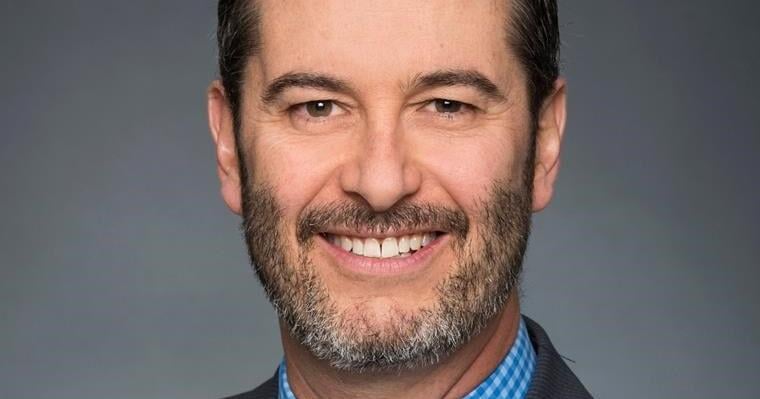TORONTO – Serious mental health disorders and thoughts of suicide are more prevalent among people who are transgender or gender diverse in Canada, researchers say.
Their study published recently in the journal JAMA Network Open found transgender participants were three times more likely to meet the criteria for depression, bipolar disorder, generalized anxiety disorder and social phobia than cisgender people.
They were also three times more likely to have had serious thoughts of suicide and six times more likely to have attempted it during their lifetime.
The results show a need to better support people as they express their gender identity, said senior author Ian Colman, a professor of epidemiology and public health at the University of Ottawa.
“This points to the kinds of stressors that they are likely facing as they’re going through that process,” Colman said in an interview Wednesday.
“The more we can do to support them, the better — whether that’s gender-affirming care through the health-care system, whether that’s providing safe spaces in schools, in communities … or just being more supportive and tolerant as a society, I think all those things are going to be helpful.”
The population-based study analyzed responses to the most recent Statistics Canada Mental Health and Access to Care survey, which included people 15 years of age and older surveyed between March and July of 2022.
The StatCan response rate was 25 per cent, resulting in a sample of 9,861 people. Fifty-two respondents were transgender or gender diverse.
“When you just see these exceptionally high rates of poor mental health and suicidality in this population, this is a crisis and these people need support,” Colman said.
Disparities in mental health might be explained by “minority stress theory,” the authors said in the study, published Oct. 2.
That means “prejudice and negative social experiences by members of historically stigmatized groups can have substantial impacts on both physical and mental health,” they said.
Dr. Sarah Fraser, a family doctor who runs a gender-affirming clinic in Halifax, said the study results were “unfortunately not surprising.”
“In my clinical practice, it is clear that trans and diverse individuals have higher rates of mental health issues like depression, anxiety and suicidal thinking,” Fraser, who was not involved in the study, said in an email to The Canadian Press.
“My trans patients have told me that they are followed, harassed, yelled at, or even physically assaulted just for being who they are. I hear this every single day,” she said.
“As a family doctor, I think that one thing we can take away from this study is the importance of providing gender-affirming care, and of being a supportive place where people can come regardless of their gender identity,” Fraser said.
Helen Kennedy, executive director of Egale — a Canadian advocacy organization for the LGBTQ+ community — said the study reflects the results of “the unacceptable amount of hate, violence, and discrimination that trans and gender-diverse communities face across the country.”
“Advocates have long been warning of the devastating consequences, including higher rates of suicidality. The responsibility is on all of us to speak out against hateful misinformation and rhetoric so that trans and gender-diverse individuals know that they are valued and loved,” Kennedy said in an email.
The researchers identified transgender and gender diverse participants by finding those whose reported gender identity differed from their sex assigned at birth.
Potential limitations of the study include the small number of transgender people in the sample, the authors said, but they noted the results were in line with other studies about use of mental health services among transgender people.
—
If you are thinking about suicide, or you’re worried about someone else, call or text Canada’s suicide crisis helpline at 9-8-8. Help is available 24 hours a day, 365 days a year.
—
This report by The Canadian Press was first published Oct. 9, 2024.
Canadian Press health coverage receives support through a partnership with the Canadian Medical Association. CP is solely responsible for this content.
Note to readers: This is a corrected story. A previous version misspelled researcher Ian Colman’s last name.
